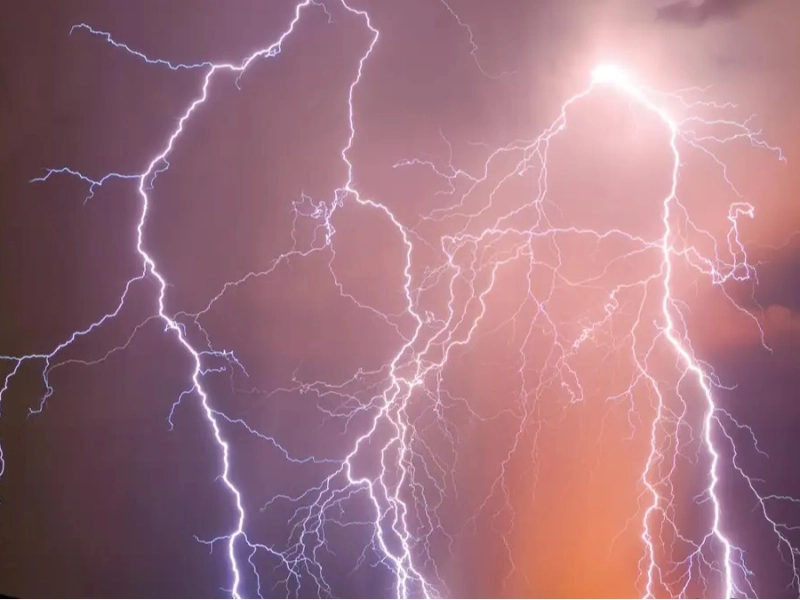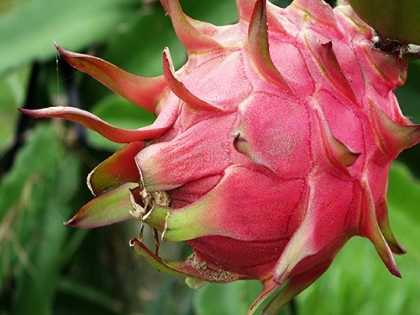1. Natural Soil Fertilization

Natural fertilisation of the soil of our globe depends on lightning, a process with far-reaching advantages for agriculture and the condition of ecosystems. The great heat and energy produced by lightning strikes causes a chemical reaction in the atmosphere. This reaction turns air nitrogen, which plants cannot directly use, into nitrates—a type of nitrogen that plants can readily absorb. Rainfall brings these nitrates down to the ground, therefore nourishing the soil. Up to 250,000 tonnes of nitrogen compounds are thought to be contributed to the soil annually by this natural process, nitrogen fixation. Such a large flow of natural fertiliser helps plants in both wild and agricultural environments to flourish, therefore lowering the demand for synthetic fertilisers in many different contexts. Furthermore, this process supports biodiversity by helping to preserve the delicate balance of nutrients in ecosystems, therefore improving the general state of the vegetation on Earth. Beyond only instantaneous plant development, lightning-induced fertilisation helps to maintain the lushness of our grasslands and forests for next generations by assuring long-term fertility of soil, so guaranteeing sustainable food production.
Advertisement
Recommended Reading: 10 Amazing Uses for Lemon Peels: From Cleaning to Cooking
You are viewing page 1 of this article. Please continue to page 2


























Comments
Leave a Comment
Your email address will not be published. Required fields are marked *